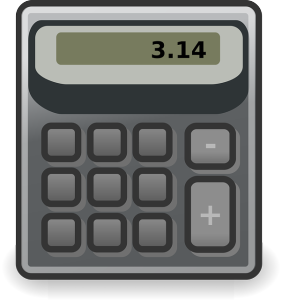 You may be wondering about the phrase “Stepped Wedge Trial” (SWT) as there haven’t been many in paediatrics.
You may be wondering about the phrase “Stepped Wedge Trial” (SWT) as there haven’t been many in paediatrics.
(There is quite a nice one about the provision of free school breakfasts though – showed that giving free breakfast didn’t really improve attendance, or test scores, but the children didn’t feel as hungry.)
They are a trial designed at evaluating interventions undertaken on ‘places’ or ‘populations’ – like classes of school children, or wards in a hospital – where you intend to stagger the introduction of an intervention you believe will be useful, but wish to measure either the size of benefit (pragmatic SWT) or work out why the intervention works, or doesn’t (exploratory SWT). You randomise the timing of introducing the intervention in the different areas, and measure elements throughout the study.
They are a more robust way of measuring an intervention than “before and after studies” or “cohort with historical controls”.
They are similar to cluster randomised trials, where the analysis should take place at the level of the intervention (e.g. analysed by ward or school, not patient or pupil), and need quite clever statistics to generate the proper p-value or confidence interval for their results.
If you see one, you’d be advised to think of it like a normal RCT with fiddly bits. If you want to do one, you’d be advise to visit a Very Clever Statistician and take chocs, wine, and flowers.
– Archi
OOOH. And while you’re here …
